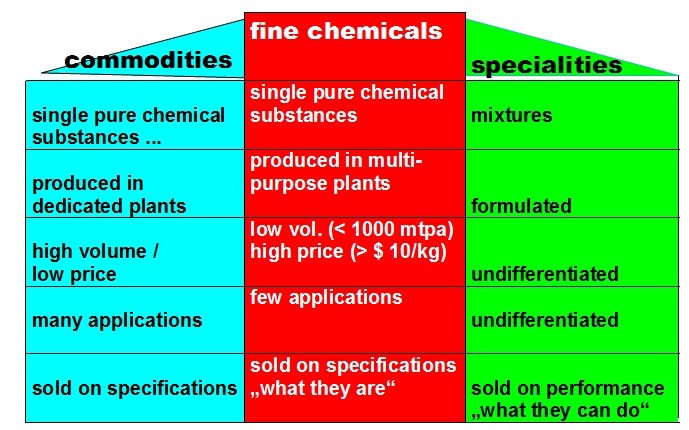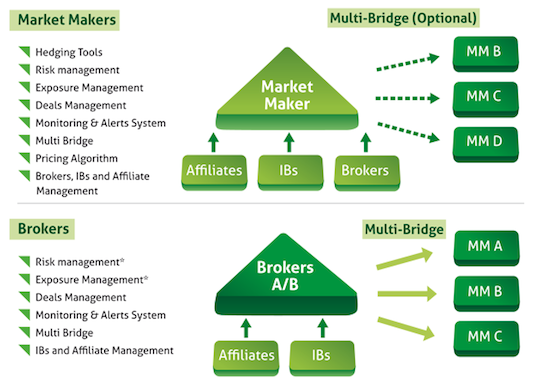Commodities Definition Meaning and How They Work
Post on: 14 Август, 2015 No Comment

Commodities are hard assets ranging from wheat to gold to oil. Since there are so many, they are grouped in three major categories: agriculture, energy and metals.
- Things you drink, such as sugar, cocoa, coffee and orange juice. These are known as the softs markets.
- Grains, such as wheat, soybeans, soybean oil, rice, oats and corn.
- Animals that become food, such as live cattle and pork (called lean hogs ).
- Things you wouldn’t eat, such as cotton and lumber.

The energy category includes crude oil. natural gas. RBOB gasoline, and heating oil. Metals includes mined commodities, such as gold. copper, silver and platinum.
Commodities are officially defined by the U.S. federal government by the 1936 Commodity Exchange Act. The Act covers trading in agricultural and natural resource commodities. Although financial products are traded like commodities, the Act doesn’t consider them to be commodities. The Act also bans trade in onions as a commodity, as per the 1958 Public Law 85-839 (7 USC 13-1).
Commodities are traded by dealers on an open exchange. That means the prices change every day. This can be difficult for the consumer, who must face price variations in everyday products such as gasoline, meat and grains. It especially impacts poorer people around the world, who pay more of their limited income on food and transportation.
The highest volume of trading occurs in oil, gold and agricultural products. Since no one really wants to transport all those heavy materials, what is actually traded are futures contracts. These are agreements to buy or sell at an agreed upon price on a specific date.
Financials are also traded in the futures markets. These include currencies (such as the 3-month eurodollar and the euro-FX), interest rates (such as the 10-year Treasury note ) and stock indices (such as the S&P 500 ). However, these aren’t really defined as commodities according the the Commodity Exchange Act .
The U.S. commodities markets are in Chicago, New York and Atlanta. The CME Group owns all but one. The Chicago Mercantile Exchange (CME) focuses on agricultural commodities, while the Chicago Board of Trade (CBOT) specializes in grains. The New York Mercantile Exchange (NYMEX) focuses on energy and metals, while the Commodity Exchange (COMEX) are located in New York. but owned by the Chicago-based CME Group. The New York Board of Trade is now owned by Atlanta-based Intercontinental Exchange (ICE). It trades mostly in the softs markets. For more, see Where Do Commodities Trade? .
Commodities are regulated by the Commodity Futures Trading Commission (CFTC). In 1975, this replaced the Commodity Exchange Authority and the Commodity Exchange Commission (CEC). These bodies were established in 1936 by the Commodity Exchange Act to administer the Act and to set Federal speculative position limits.(Source: U.S. Commodities Futures Trading Commission, Commodities Glossary )
In business, commodities can be defined as any good or service that is bought and sold purely on price. These include the traded commodities, but can also include products that are not very differentiated from others based on brand, benefits or other distinguishing features. For example, Coca-Cola is a branded product that receives great loyalty, and a higher price, because of it’s perceived differentiation from other cola drinks. A low-cost store brand is more of a commodity, because it isn’t much different from other store brands and is bought primarily because of its low price, not its taste.














